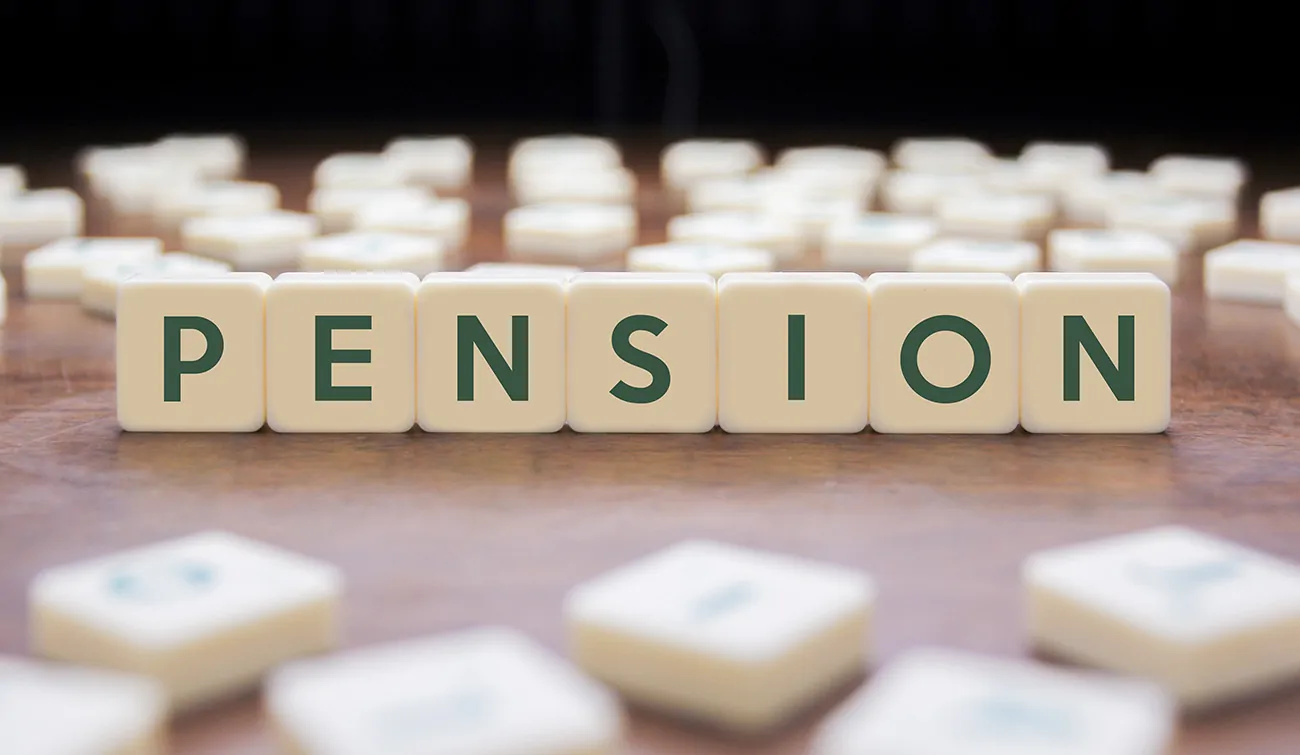
Creditors and Debtors: Everything You Need to Know
3 Mar 2025This article has been updated and checked for accuracy as of March 2025. As CEO of Accounts and Legal, Neil Ormesher brings over 25 years of expertise in tax planning, accounting, and business strategy. A fully qualified accountant, Neil specialises in helping business owners minimise tax liabilities, optimise business structures, and navigate the complexities of tax-efficient business transactions. Here he talks about the difference between Creditors and Debtors:
Understanding debtors and creditors is one of those tricky conundrums accounting can throw up now and again. So, we’ve called on the help of one of our accountants in London, to help you navigate these terms once and for all and answer the questions. “What is a creditor?”, and “What is a debtor?”
The Importance of Creditors and Debtors in Business
As a business owner, understanding creditors and debtors is crucial. They directly impact your cash flow, financial stability, and overall business performance. In this guide, we will define both terms and explain their roles in your company’s financial structure.What is a creditor?
Simply put, a creditor is an individual, business or any other entity that is owed money because they have provided a service or good, or loaned money to another entity.
Types of Creditors
There are two main types of creditors:- Loan Creditors – These include banks and financial institutions that lend money to businesses. When a company borrows funds for expansion or operations, the lender becomes a creditor until the loan is repaid.
- Trade Creditors – These are suppliers or vendors who provide goods or services on credit. For example, a brick supplier providing materials to a construction company without upfront payment is a trade creditors.
Firstly, an example of a creditor from the “loans” cohort above is, of course, a bank.
In fact, banks and financial institutions are the most prominent creditors in today’s economy. As these entities loan businesses money to finance their ventures - be it expansion, or otherwise - they become creditors. They become creditors as those businesses are required to repay to money borrowed.
Following on from that, a trade creditor is an entity which has supplied the materials used in producing a product. For example, a brick supplier would be owed money from a building contractor for supplying bricks.
Being a Creditor in Business
Depending on your own business and how your model works, you may find yourself as a creditor to a debtor.
If you are a creditor of a business or individual who has been given a bankruptcy order, you can register as a creditor through the government website to stay up to date with the case and to find out whether or not you'll be paid what you're owed.
What is a debtor?
A debtor is an individual, business or any other entity that owes money to another entity because they have been provided with a service or good or borrowed money from an institution.
Types of Debtors
- Staff Loans – Some companies provide low-interest loans to employees, making the employee a debtor to the business.
- Trade Debtors – These are customers or clients who have received goods or services but have yet to pay. For example, a software company waiting for payment from customers who use its services is dealing with trade debtors.
An example debtor is a haulage company that borrows money from a bank to invest in new vehicles. They become a debtor at the point of borrowing as the company will subsequently owe the borrowed money. The cost of borrowing may also come at the charge of any interest to the bank.
A staff loan is a preferential loan given to an employer by an employee. Usually, the interest on said loan is lower than the specified interest rate in financial institutions.
Meanwhile, an example of a trade debtor is a software service provider who hasn’t been paid by their customers yet. Therefore, the software service provider is owed money.
Being a Debtor in Business
Most businesses operate as both debtors and creditors. For instance, a company might owe money to suppliers (acting as a debtor) while being owed money by customers (acting as a creditor).Debtors and Creditors in Small Business Accounting
Customers who do not pay for products or services upfront, for example, are debtors to your business, which serves as the creditor in this scenario.
Similarly, you are in debt to your suppliers if they have provided you with goods which you are yet to pay for in full.
The relationship between the two terms is important. Particularly, in the case of small businesses as they affect assets and liabilities on your balance sheet. Therefore impacting your business’s cash flow.
Customers who purchase on credit are debtors, while suppliers who extend payment terms are creditors. These relationships affect your business’s:
- Assets and Liabilities – Unpaid invoices from debtors are considered assets, whereas money owed to creditors is a liability.
- Cash Flow – Late payments from debtors can create cash flow problems, making it harder to pay creditors on time.
Being a creditor for another business can be considered an asset, demonstrating financial strength to your business. Whilst, on the other hand, excessive debt counts as a liability.
Striking the sweet spot between these is where many businesses operate successfully. However, failure to do so can see many businesses, come to a end as a result of cash flow issues.
For small businesses, the balance between debtors and creditors is crucial.
Example of debtors and creditors together
Debtors and creditors work in tandem in everyday life, potentially a lot more than you realise.
Take a bank’s company credit card service for example.
A business customer of the bank signs up for the credit card because they want to throw an end-of-quarter celebration for their staff and go all out with a catering service.
The business owner signs the contract for the card and proceeds to spend £2,000 on catering for their big blowout. At that point of spending, the business owner becomes a debtor, owing money to the bank for borrowing £2,000 on credit, plus interest.
At the same time, that business owner is a creditor of the bank’s because they have loaned the owner money that has yet to be repaid.
Need Help Managing Creditors and Debtors?
So, there you have it - a guide to everything you need to know about creditors and debtors.
Understanding the balance between creditors and debtors is vital for your business’s financial success. At Accounts and Legal, we simplify complex financial terms, ensuring you have clear insights into your business's cash flow.
At Accounts and Legal, we pride ourselves on being an accountant who cuts out all the jargon and speaks your language. This ensures that you understand the mechanics of your finances, thus enabling efficiency and stability while you grow your business.
If you need advice or services on any aspects of accounting, tax, business management or specific problems with debtors or creditors, our specialist team are ready to help. Please get in touch with us, or try our instant accounting quote tool.

























